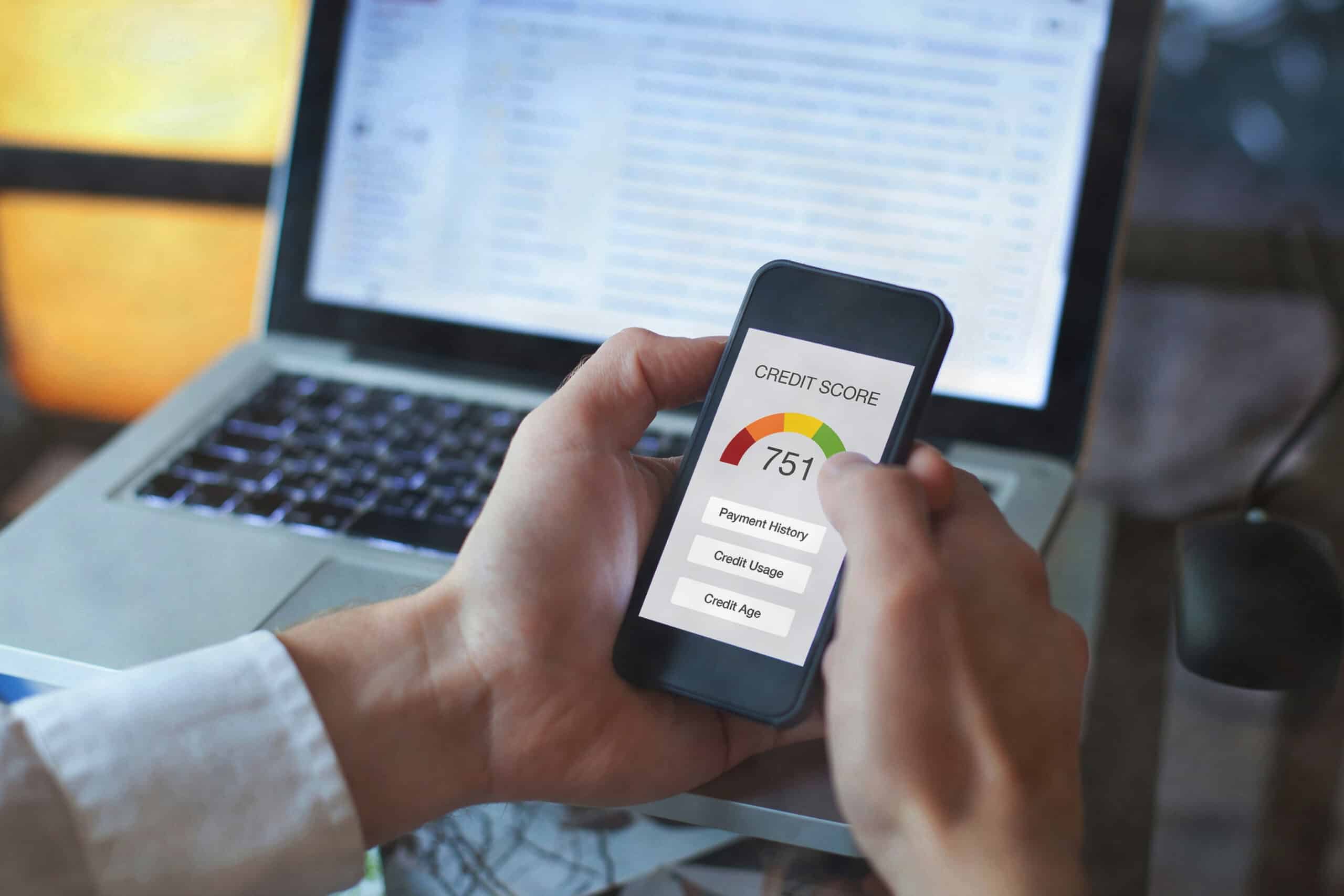What is the FCRA?
Your credit score is determined by your credit reports, so any harmful or inaccurate information in those reports will make it harder for you to obtain loans, credit cards, and even employment or housing opportunities. The good news is that a Chicago consumer attorney can help.
If you are like most of us in the Chicago area, you work hard to meet your responsibilities, and you probably struggle with maintaining your finances and paying your debts, so you do not need mistakes showing up on your credit reports.
The Fair Credit Reporting Act of 1970 (FCRA) is a federal law requiring accuracy in personal credit reports. If your consumer rights under the Fair Credit Reporting Act have been violated, contact a Chicago consumer lawyer immediately to discuss your legal rights and options.
How Does the FCRA Work?
Credit bureaus are agencies that compile information and data about your credit and report that information to lenders when you apply for credit. Experian, Equifax, and TransUnion – the leading credit bureaus in the United States – gather details about your credit from credit reporting agencies and send those details to businesses, employers, banks, and even landlords.
The FCRA protects the information gathered by credit bureaus, credit reporting agencies, tenant screening services, and medical data companies. The details in a credit report may not be provided to a party who does not have a legal purpose under the Fair Credit Reporting Act for that information.
How Does the FCRA Protect You?
The agencies that provide information to credit bureaus have a legal duty to investigate any disputed information. Parties who receive credit reports for credit, insurance, or employment purposes must inform consumers when adverse actions are based on these reports.
Information provided to TransUnion, Experian, and Equifax must be accurate. The FCRA spells out what details are to be included in credit reports and allows consumers to dispute any credit information they believe is inaccurate. It is sensitive information, and it must be right.
What Inaccuracies Commonly Appear in Credit Reports?
It is a good idea to review your credit reports for mistakes at least several times a year. The inaccurate, harmful, and misleading information in a credit report may include:
- confusing you with another person who has the same name or a similar name
- reporting that a particular debt was written off when that debt has been settled or paid
- reporting that your payments are late when they are, in fact, on time
- inaccurately reporting the amount you still owe on a debt
What is Your Recourse if Your Credit Report is Wrong?
The FCRA requires credit reporting agencies and lenders to deal seriously with consumer disputes, but if inaccurate information shows up on your credit report, the burden of proving the information is incorrect falls on you.
Experian, Equifax, and TransUnion must provide you with an opportunity to fix any errors that appear on your credit reports. The FCRA makes it your responsibility to review your credit reports and have any mistakes repaired. You should regularly and carefully examine each bureau’s reports.
How Do You Dispute a Credit Report?
If you are disputing the information in a credit report, you must provide documented proof that the report is inaccurate. Under the Fair Credit Reporting Act, if you file a complaint with any of the credit bureaus, the bureau then has thirty days to investigate your complaint.
Upon receiving the complaint, the credit bureau must revise your credit report to indicate you are disputing the report and your complaint is under investigation. It may take up to thirty days for a credit bureau to eliminate a mistake from a credit report.
After its investigation, if the credit bureau determines the report was accurate, a statement showing the information “meets FCRA requirements” may be included in the report. If a credit bureau makes the wrong determination about disputed information, contact a Chicago consumer attorney at once to discuss your legal options.
Why Do You Have Different Credit Scores?
Equifax, Experian, and TransUnion seldom give someone the same credit score, for the following reasons:
- Each bureau uses different information. Your credit score partially depends on how frequently your credit information is updated and how far back in time it extends.
- Credit scores are calculated in several different ways. Your score will vary among the three credit bureaus, depending on the credit bureau’s calculation method.
Different lenders then receive your credit reports from different credit bureaus. When you apply for credit, confirm your score with all three bureaus and ask the lender which bureau it uses. You will know exactly which credit score the lender sees.
When Will You Need to Take Legal Steps?
After you dispute the information in a credit report, contact a Chicago consumer lawyer immediately if the bureau does not remove the inaccuracy after thirty days or insists that the mistake is accurate.
Anyone seeking your credit details must have a legal purpose for those details (as spelled out by the Fair Credit Reporting Act), so contact a consumer lawyer immediately if you believe a credit bureau (or anyone who receives reports from or reports to credit bureaus) has violated your confidentiality.
Inaccurate Credit Report? Atlas Consumer Law Can Help
The award-winning consumer attorneys at Atlas Consumer Law work for families and other consumers in the Chicago area and throughout Illinois. Since 2003, our skills and knowledge have helped scores of clients solve credit report problems, and we are ready to work for you.
If you find mistaken information on your credit report, and the credit bureau takes no action after thirty days or insists the information is correct, call Atlas Consumer Law immediately. Our legal team will review your options and, if necessary, take legal steps on your behalf.
We have been helping Illinois consumers with credit reports and defending their rights for over twenty years. If you need help with a credit report, call the offices of Atlas Consumer Law at 331-321-4748 and schedule your first legal consultation now. We are ready to help.



